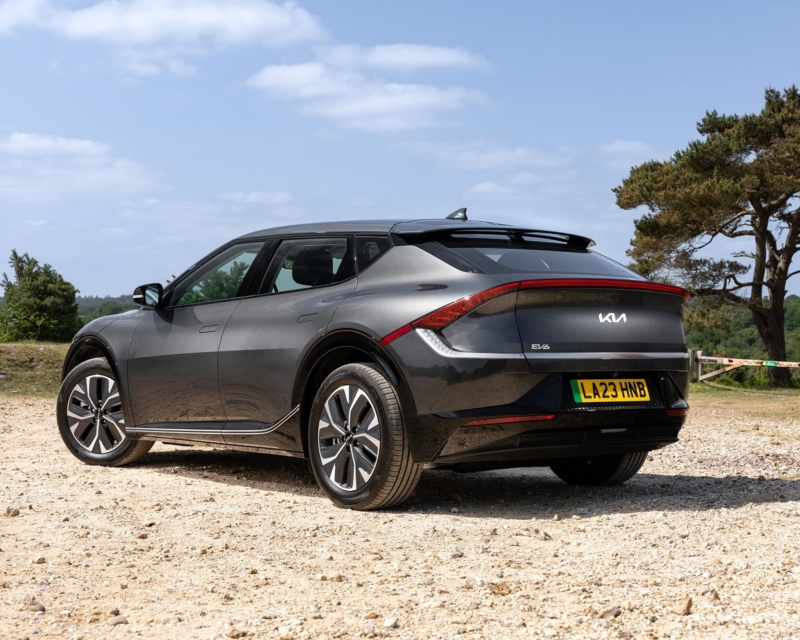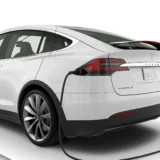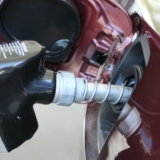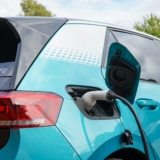Buyer’s Remorse As Nearly Half of American EV Owners Want to Switch Back
In a revealing twist in the electric vehicle (EV) saga, McKinsey & Co.’s latest Mobility Consumer Pulse survey for 2024 unveils a significant shift in sentiment among American EV owners. The data, collected from nearly 37,000 consumers worldwide, indicates that 46% of U.S. EV owners are “very” likely to revert to gas-powered vehicles for their next purchase. This surprising trend of buyer’s remorse casts a shadow over the electric revolution, suggesting that the road to widespread EV adoption may be rockier than anticipated.
The U.S. isn’t alone in this unexpected backlash. Among the nine countries surveyed, only Australia exhibited a higher percentage of EV owners (49%) keen to switch back to internal combustion engines. This statistic places the U.S. at the forefront of a growing global discontent with electric vehicles, a trend that raises critical questions about the viability and acceptance of EVs in the long term.
In contrast, the survey reveals that, across all countries, an average of 29% of respondents expressed a desire to return to gas-powered vehicles. Countries such as Brazil, China, France, Germany, Italy, Japan, and Norway displayed varying degrees of satisfaction with their EVs, but none matched the disillusionment evident in the U.S. and Australia. This disparity highlights the unique challenges and cultural factors influencing EV adoption and satisfaction in different regions.
The reasons behind this shift are multifaceted. Persistent concerns about battery range, charging infrastructure, and the overall convenience of EV ownership play significant roles. Despite advancements in technology and a growing network of charging stations, many consumers still find the experience of owning an EV falls short of their expectations. Moreover, the higher initial cost of EVs compared to traditional gas-powered vehicles continues to be a deterrent, especially in markets where economic pressures are more acute.
This burgeoning dissatisfaction poses a challenge for policymakers and automakers alike, who have heavily invested in the electric vehicle future. For EV manufacturers, this sentiment underscores the urgency to address the practical concerns of current and potential EV owners. Enhancing battery technology, expanding charging infrastructure, and offering more affordable models are crucial steps in reversing this trend.
For now, the data from McKinsey & Co. serves as a wake-up call: the journey to a fully electric automotive future is far from smooth. While the push for greener, more sustainable transportation remains vital, it is clear that convincing a skeptical public to embrace this change will require more than just innovation—it will require a fundamental shift in how we address the practical realities of EV ownership.






